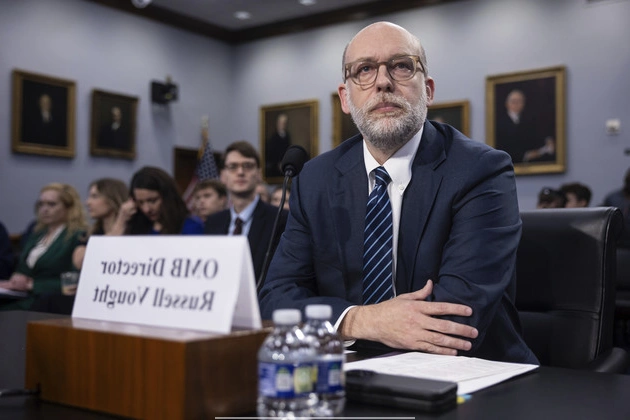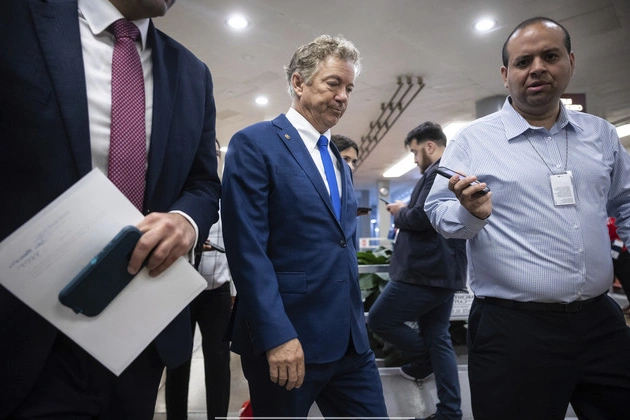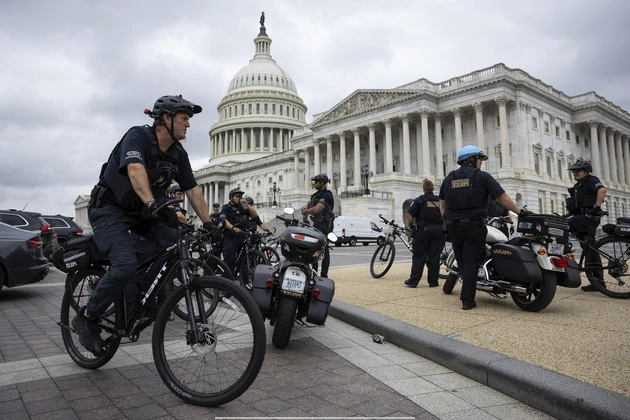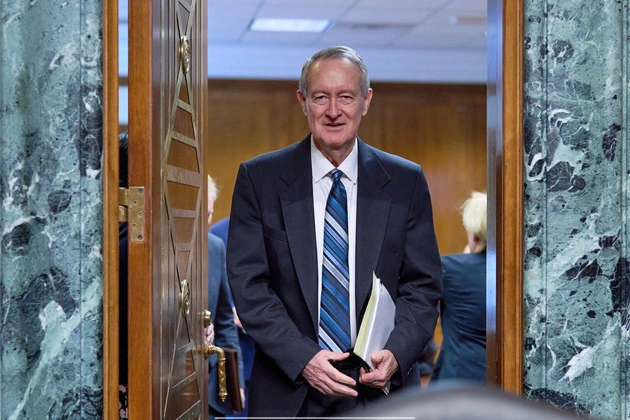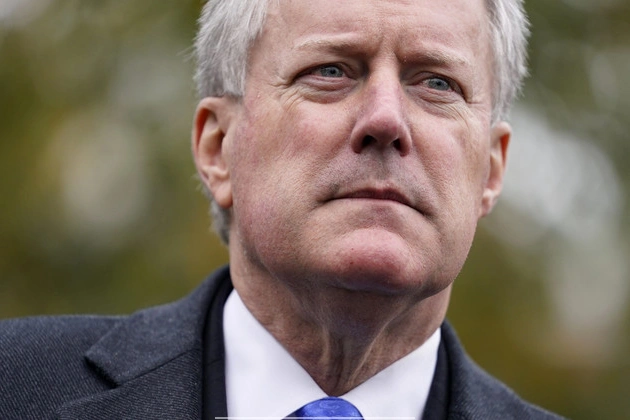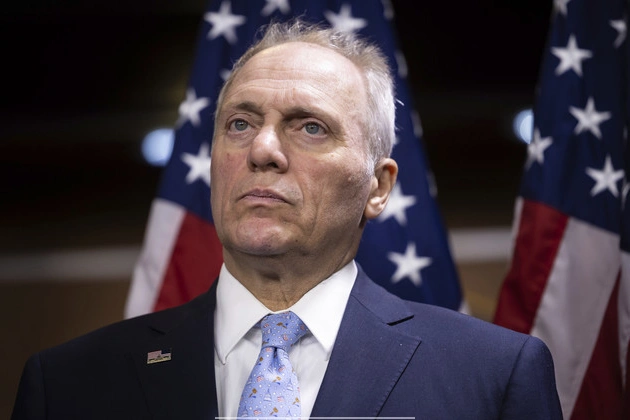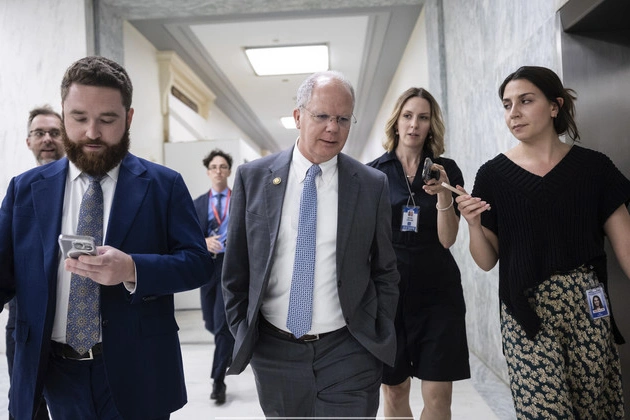
The Delicate Balancing Act of Brett Guthrie
With House Republicans embroiled in debates over Medicaid, Brett Guthrie, Chair of the Energy and Commerce Committee, finds himself in a challenging position. He must reassure moderates that the safety-net program won’t be gutted while satisfying fiscal hawks with significant budget cuts.
Proposed Changes and Compromises
The draft legislation aims to slash $880 billion from the deficit, primarily through Medicaid reforms that impact millions of Americans. While controversial proposals like capping federal spending in Medicaid expansion states are off the table, the bill includes provisions to defund Planned Parenthood and impose new mandates.
The proposed changes also introduce work requirements and alterations to state funding mechanisms, potentially leading to benefit cuts and reduced enrollment. However, concerns about the impact on uninsured populations persist, with estimates suggesting over 8.6 million people could lose coverage.
Guthrie’s Vision for Medicaid Reform
Brett Guthrie has long advocated for sweeping reforms to safeguard Medicaid from abuse and ensure its solvency. While he favors per-capita allotments, he acknowledges the challenge of garnering sufficient support within the party for such measures.
Despite positioning the bill as a compromise, hardline conservatives remain unsatisfied, viewing it as a missed opportunity to enact more substantial changes. Guthrie’s attempts to balance competing interests have drawn criticism from various factions within the Republican Party.
Challenges and Controversies
Guthrie’s willingness to compromise has sparked internal discord, with some members questioning the bill’s fiscal responsibility and impact on Medicaid coverage. While Guthrie engages with both moderates and hardliners to address concerns, disagreements persist over the bill’s scope and implications.
The Road Ahead for Guthrie
As Guthrie navigates the intricacies of Medicaid reform within the party, his leadership and negotiation skills face a critical test. With limited margin for dissent within the Energy and Commerce Committee, Guthrie must secure broad support for the bill’s advancement amidst mounting opposition from Democrats and external stakeholders.
Conclusion
Brett Guthrie’s efforts to steer the Medicaid overhaul reflect the complexities of healthcare policy within a divided political landscape. As the bill progresses through legislative stages, Guthrie’s ability to bridge ideological gaps and address concerns will shape the future of Medicaid and the party’s healthcare agenda.






